Recording is the death of Music
Before I begin let me say this is not a criticism of recording and audio engineers of any sort. I think they do a great job of handling us musicians! Also, this post is from the point of view of a classical musician, although I'm sure some of the points are applicable to all sorts of music genres.
Why do we need to record?
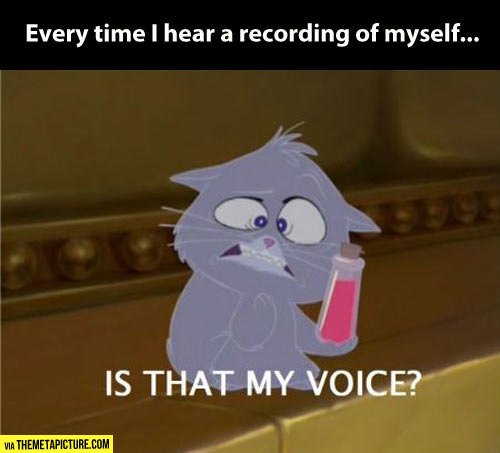
Source
The act of making recordings is an essential part of the modern musician's work toolset. When times were simpler, musicians didn't travel far from their home base of fans and supporters (generally a patron of some sort if you were lucky). Thus, it was easy to assess a musician based upon their reputation and the recomendations of a trusted advisor. Even better, you could just go and listen to them!
These days, music is a commodity. You need to sell yourself to promotors and concert organisers to get concerts. You need to stand out in the crowd of countless other musicians,ensembles and groups. A recording acts as calling card, like a musician's business card. It is an sample of your work and gives the organiser some idea of what to expect if he employs you.
Herein lies the problem, when the recording becomes as important or, in some cases, more important than the act of live performance. No other profession tries to sell their business cards as a side venture to their main profession!
For the consumer of music, a recording is infinitely more enticing than a live concert. It is forever in your possession, it is cheaper and it is there on demand. However, there are many things that you might not be aware of.
It's FAKE!
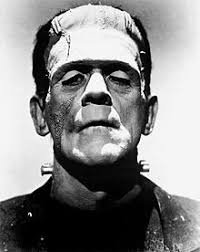.jpg)
Source
Unless you have a live and unedited recording you are essentially buying a fake experience. The recording that you have bought is likely to have been edited and altered to an inch of it's life, in the pursuit of artistic perfection. The recording that you have bought, might not be a real representation of the artist. These days, it is possible alter recordings to fix pitch, tone, timing and pretty much everything that you want to. Of course, it helps to havae a good starting point for the editing, but given enough money and motivation anything is possible!
Thus, we have extreme situations of groups that are completely unable to sound anywhere close to the impression that the recording gives. Hundreds of edits in a track is not impossible, if you heared this sort of gorup live, you are likely to be heavily dissappointed. Is this fraud or at the very least, a denial of artistic integrity? Does anyone care?
We also have situations where the marketing of the product (an artist) completely takes over the actual artist venture itself. There are many popular singers that actually can't sing to save their lives, but they look good on videos and they have a marketing machine in place. Recording is a way to cover up the slight problem of lack of musical talent, even their live performances can be mimed to a track in the interests of making it sound better.
Is it good for the musician?
We tend to focus on the top end, where the sale of CDs and other recordings are a large revenue stream for the artist. But in general, live performances and concerts is where the musician will earn the most of their income. If people start to buy CDs instead of supporting their musicians by going to concerts then the pool of artists will wither away and die, except for those that are backed by a large marketing support.
The prevelance of recordings is also detrimental to the training of the next generation of musicians. They are being held up to an impossible ideal, where the technical perfection of the recorded performer is the goal to aspire to. Thus, the training of the musician begins to focus more upon the technical development (which is also neccesary) at the detriment of the musical communication and fantasy (which is more important).
Why do we do this?
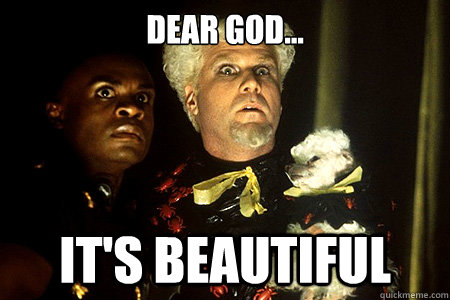
Source
Musicians are creatives. Creatives pursue artistic perfection. Modern recording gives us the opportunity to create the ideal interpretation of a piece of work. This is a noble goal, however, when does the pursuit of perfection become more important than the integrety of the artist and the real goals of music. Like all noble ideals, there is a point where the balance goes awry and the end result is something that has betrayed your original vision.

Source
What is music?
Music, like all performance arts, is emphemeral. This means that it exists only in the time that is performed, unlike paintings and photos which are recorded for all time. Music is also the act of communication between the musician and listener, different emotions and thoughts are evoked depending on the state of mind of both parties. I believe that this is music, not the idea of locking up the perfect most ideal interpretation of a work in a cage for eternity.
Think about a really meaningful conversation or interaction that you had with someone. Think of the thoughts and emotions that you had. Would the conversation/interaction continue to have the same impact if you recorded/videoed it and re-lived it over and over whilst you were doing the dishes or folding the clothes?
Conclusion
Recordings are the necessary evil for the musician. I wish there was a way to certify live undedited recordings to differentiate them from the edited Frankinsteins that have flooded the market. Something like a organic/free range sticker that could give the consumer confidence that the recording was not conceived in an artificial way.
However, would a consumer want to own a recording that was "blemished". Would the freezing in time of a "meaningful" performance hold any meaning anyway?
Perhaps the best solution is for the consumer to be educated about the unreality of recordings, and for them to go and support their local live performances, be that in any field of music (classical/folk/rock/jazz/punk/rap....). And to stay away from the money making machines that masquerade as music.
Do you have any thoughts about this?
Is there something I've missed?

Referral links
Mene, Investment jewellery (5 dollars credit just for making the account).
Humble Bundle Monthly, PC games package every month!
Minnowbooster Bonus for the new account maker as well!
CryptoBNB AirBNB in the crypto world!
Coinbase, the biggest fiat on and off ramp.
Binance, the biggest crypto exchange.
Mannabase, Universal income in the blockchain
Cryptopia, Lots of lesser known altcoins.
HitBTC Even more Altcoins!

Horizontal Rulers by cryptosharon
Team Australia footer by bearone
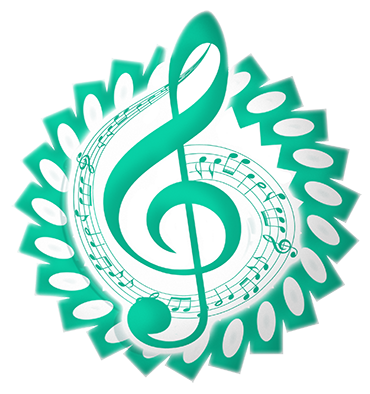
The classical music community at #classical-music and Discord.
Follow our community accounts @classical-music and @classical-radio.
Follow our curation trail (classical-radio) at SteemAuto
Community Logo by ivan.atman
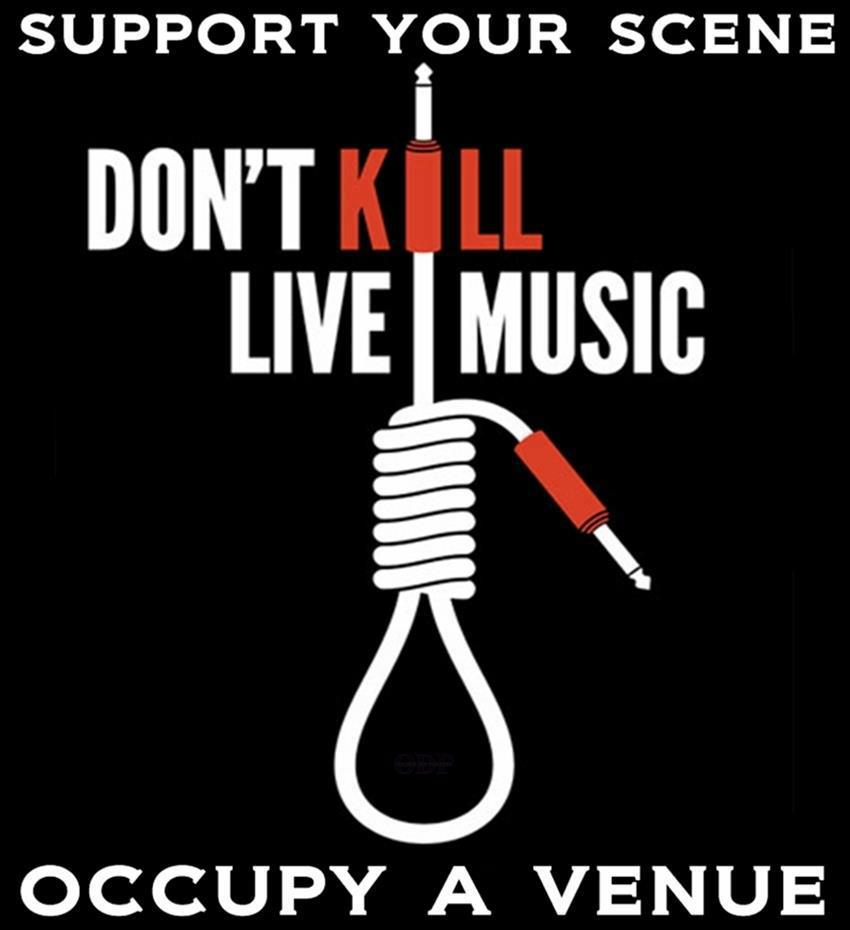
.png)

Great post. Another aspect for the classical musician that recording has taken away is the phenomenon of acoustics. Hearing an acoustic instrument or voice on a recording just does not do justice to the world of acoustic instruments and singing. There is really no way to capture the warmth and vibrancy of acoustic heard live - which really stinks for those of us who have worked so hard to hone that particular skill.
Yes, good point. Although most of the recordings that I have played for are in a 'natural' acoustic and not a studio, you still have the microphones much closer than an audience would be. This really has affected the way we use the instruments, pushing us generally to the softer attacks and woolier sounds.
Especially for opera, where the acoustics of the space have a huge effect on the voice. The Italians use the term "chiaroscuro" to describe it (the term is also used in visual art, but a totally different thing, obviously). In a large space, the audience can hear the vowels very clearly as if the singer is standing close to them, but the distance also gives a darkness to the sound that you just cannot get from up-close mics. It is very difficult to replicate this in a recording.
That's interesting to hear how it changes the way you play as a result. The microphones used also can color he sound differently, depending on what you get. Many of the commercially available mics will have a "bump" on the frequency response around the 2-3kHz range, which will make bad vocals sound very clear. But for an opera singer, who is trained to accentuate that frequency, it gives the voice a harsh edge that isn't really there. When I first discovered this problem, I adjusted my singing to make it softer, but of course, that's now how the voice is designed to be used all the time.
Still, I love the challenge and discovery of how I can achieve a better recording sound. I'm not anti-recording, but I am a bit of anti-perfectionism in the process. This is why I love Vladimir Horowitz: many of his recordings he did in one take and would leave mistakes in there. It was more authentic, and no one thinks he was a hack.
Yes, many of the old recordings are much more authentic. They also tell us much about the styles of expression that are frowned upon in the modern classical world. Heavy use of portamenti and liberal tempo rubato with left and right hands being expressively not together.
Interesting about the mic bump, I didn't know that!
Recordings are the death of music? I disagree, though I do get the point you are making, and I think it's a great post! The reason I disagree, is that I sometimes think about music in days gone by, and how many ordinary people would never have even had the chance to hear orchestral music – recording has allowed music to be widely distributed and heard.
Also there are great artists who have made recording a valid part of their art.
But having said that, I totally agree that recording in order to cover flaws in an artist's voice or performance often renders the production glib, artificial - even unlistenable! And a good live performance (sadly I've seen a few bad ones) can be incredibly powerful. I've been to live classical music performances that made people who thought they hated classical music start to love it.
And I agree that live music should be supported. But there are people who can't afford to see live performances, and for them, recorded music can bring joy.
I think that the idea that live performances can be good/bad, inspiring/boring and all manner of experiences is what makes it great! Part of it is the performer, part of the the surrounds, part of it is the approach of the listener. What one person finds insipid, another might rave about! The imperfections and subtleties of a evolving live performance mean that there are many ideas on how it is received!
Accessibility is a big issue though. Recordings have definitely been good for extending the reach of music. However, I would argue it is a weak shadow of what music really is. As long as the audience (and musicians) can draw that distinction, then I would be happy, unfortunately, I'm not sure that they can draw the distinction.
In the end, I would have to say that recording, like all tools, is a plus and a minus. I speak from a privileged position of being a musician, and being able to easily (relatively) access live performances from all over Europe.
I have to admit I'm not a musician, although my nephew is a very good one, so I get to see some of the recording processes, as well as his wonderful live performances.
And I do think there are some atrocious recordings about these days using all sorts of gimmicky techniques. That's probably why when I have the radio on (usually in my car) I mostly listen to classical music. And I love going to live classical music performances - when I can afford to!
Yes, that is a problem. The ticket prices of concerts has gotten really out of hand... Maybe it is time to start supporting local acts, where the overhead is not so high.
To tell the truth, I hate listening to music from recordings. If I do listen to things, it will be spoken podcasts.
Hey @bengy, I am a curator of the Whaleshares Curation Team. I have selected your post to be presented in a live curation discussion on Monday 19th March. Your post will be awarded a 100 Whaleshares vote on the night. I do hope you can come along and spectate. The event will be held in The Curation Lounge on the Whaleshares server.
Here are links that explain things:
https://steemit.com/steemit/@nikflossus/the-18th-whaleshares-curation-show-featuring-ameliabartlett
Wow, thank you! It is about 1 in the morning when the show starts, but I'll try to stay up for it! I'm excited and nervous, I've never had anyone talk about my writing before!
Haha, do not be nervous! It will be me talking not you. I should be nervous to do justice to your post! :)
P.S. It is 1AM for me, too at that time. You do not have to come if you can not. I know how sleepiness can take over :D
Thanks again, I really enjoyed the radio show!
Thank you for showing up! :)
great article! i think this applies mostly to instrumental music though. you know, it was the Beatles that popularised the recording of music that was impossible to recreate live. they treated recording as an art in itself. of course, that's a different genre all together. you are correct though, when it comes to classical music, it's really better live.
I would say for all forms of music it is better live!
Going to a pub and hearing a band, seeing a folk music band play at a dance. These are are all the experiences where the music goes hand in hand with the other experiences. Not only that, when you go to a live performance, you are really listening and experiencing the music. It is alive and changing as you listen to it!
i agree, but i really think recorded music is an art form on it's own. there is only so much you can do live, while a recording is like a painting. it's a canvas and the sky is the limit when it comes to what you can paint on it. they both have their places. but yes, there is a unique energy to a live performance!
Agreed, recording is an art form in it's own right. But I'm afraid that the public and to some extent musicians don't draw the distinction between the two. That is the problem that I find is frustrating. I wish there was a way to distinguish between recording as an art form and not have the public being duped into thinking it was the same thing.
good point. for a lot of people, it's too expensive to actually go out and see and artist, when you can just look them up on youtube. i think the public can draw the line between them though, i don't think live performances will die out
I agree that we are evolving the art form and that recordings make it more accessible. That is a good thing! I'm just not convinced it is "music"!
Hmm. Dealing with controversial topics today are we @bengy. 😉
Yes, the corrupting influence of orchestra leaders is up next! Are they worth the money that we pay them? Stay tuned!
Interesting insight. Upvoted :)
Thank you!
Wow. you really put in time for this post! Good job!
I hate studio gigs..
Thanks, I do seem to like writing. It almost beats playing music!
Yes, recordings are the worst, but on the other hand, got to find the best in everything!